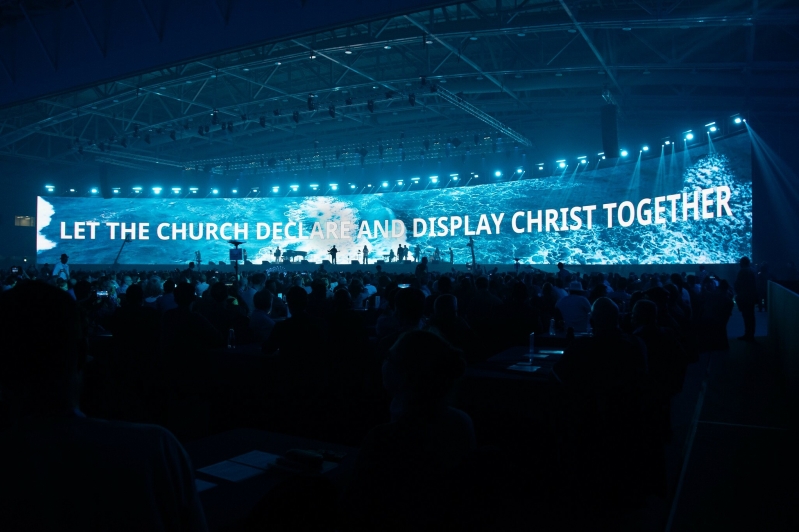
The Lausanne Movement has released a new global report revealing a renewed sense of optimism among Christian leaders about the future of the church — even as they acknowledge deep challenges from secularism, political polarization, and ethical failures within church leadership.
Titled “Global Voices” and published on Oct. 23, the report draws on responses from 1,030 mission leaders across 119 countries. It is the first publication by the newly launched Lausanne Insights on Global Horizons & Trends (LIGHT) — the Lausanne Movement’s research department equipping the church with data-driven, biblically grounded, and forward-looking insights for global mission.
According to Lausanne, Global Voices was designed to “listen to those closest to the work” of mission in a rapidly changing world. Dr. Matthew Niermann, Director of Global Research at Lausanne, said the goal was to understand how Christian leaders perceive the church’s opportunities and barriers amid globalization, digital transformation, and cultural shifts.
“This report is not a blueprint, but a compass,” Niermann wrote in the preface. “We must know the world so that Christ can be known by the world.”
Although most respondents said the global church’s strength has declined over the past five years, a majority anticipate renewed growth and influence in the next five. Leaders from Africa and South Asia expressed the highest optimism, while those in North America and Europe were more cautious yet hopeful. Younger leaders—especially Millennials and Gen Z—were markedly more positive than older generations, with many using words such as revival, renewal, and opportunity to describe their outlook.
An overwhelming 95 percent of global leaders identified digital spaces as an essential part of today’s mission field and called for greater investment in online evangelism and discipleship. Yet fewer believed the church is currently representing Jesus effectively in digital contexts, signaling what the report calls “a gap between vision and reality.” One African leader described the challenge this way: “Digital space is the new village square—where people gather, argue, laugh, and learn. If the church is absent there, then it is absent from where life is actually happening.”
When asked what factors will most advance the Great Commission, respondents highlighted five themes: collaboration and partnership, discipleship, digital technology, marketplace ministry, and youth engagement. “Collaboration is no longer optional—it is obedience,” one South Asian participant wrote.
At the same time, secularism, political polarization, declining societal trust, and ethical failures among Christian leaders were identified as major barriers to gospel witness. These issues, the report said, are “not merely external pressures but internal fractures” that demand integrity and unity from the global church.
Across all regions, leaders reported that affluent populations are the least effectively reached by the church, despite robust ministry among the poor and middle-income. This finding points to what Lausanne calls “a critical blind spot in mission strategy,” underscoring the need for new approaches to engage those in positions of cultural and economic influence.
The survey also revealed low confidence in the church’s preparedness to respond to emerging global issues such as artificial intelligence, radical politics, and social trust. Respondents said churches are often “reactive rather than prophetic” and called for the development of “a globally minded, culturally aware, and theologically grounded church.”
Despite regional differences, Lausanne researchers found striking consistency in the perspectives of leaders across continents and generations. The movement concluded that the global church is “tested by secularism, distrust, and division, yet poised to embrace unity, invest in discipleship, and pioneer digital frontiers for mission.”
Global Voices follows the Fourth Lausanne Congress on World Evangelization, which took place in Seoul in 2024, and builds on The State of the Great Commission report that was released in the lead-up to the Congress. Together, these initiatives continue Lausanne’s effort to gather insights from across the global body of Christ and accelerate collaboration toward fulfilling the Great Commission.
Produced through the Lausanne Movement’s new LIGHT department, Global Voices marks the beginning of a renewed journey of research, reflection, and collaboration — helping the global church listen deeply and respond wisely to the trends shaping mission today.
“This is not the final word, but a starting point,” the report concludes. “May these voices not only inform us, but inspire us, to walk more boldly into God’s mission for our emerging world.”





